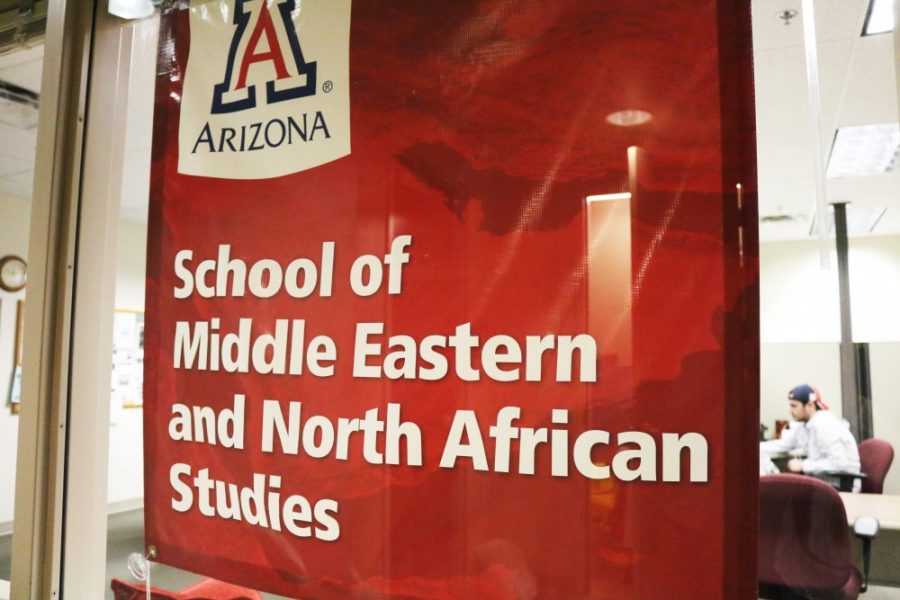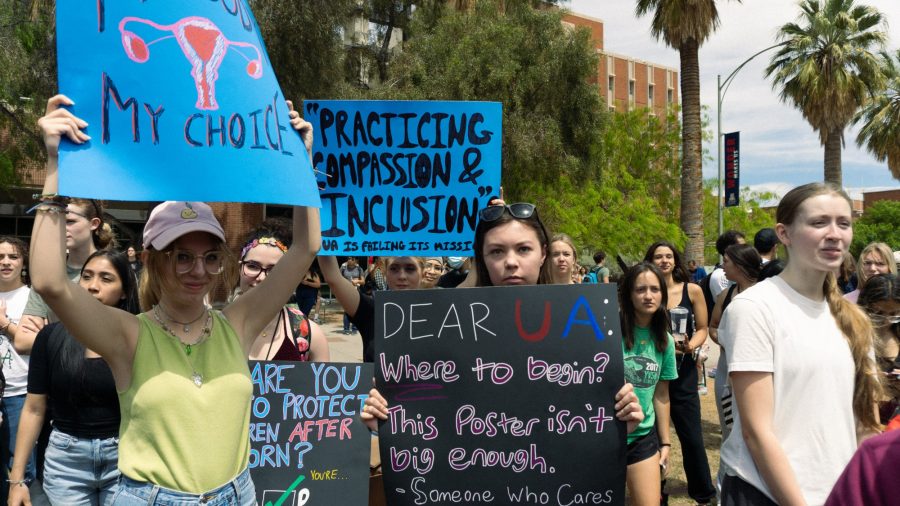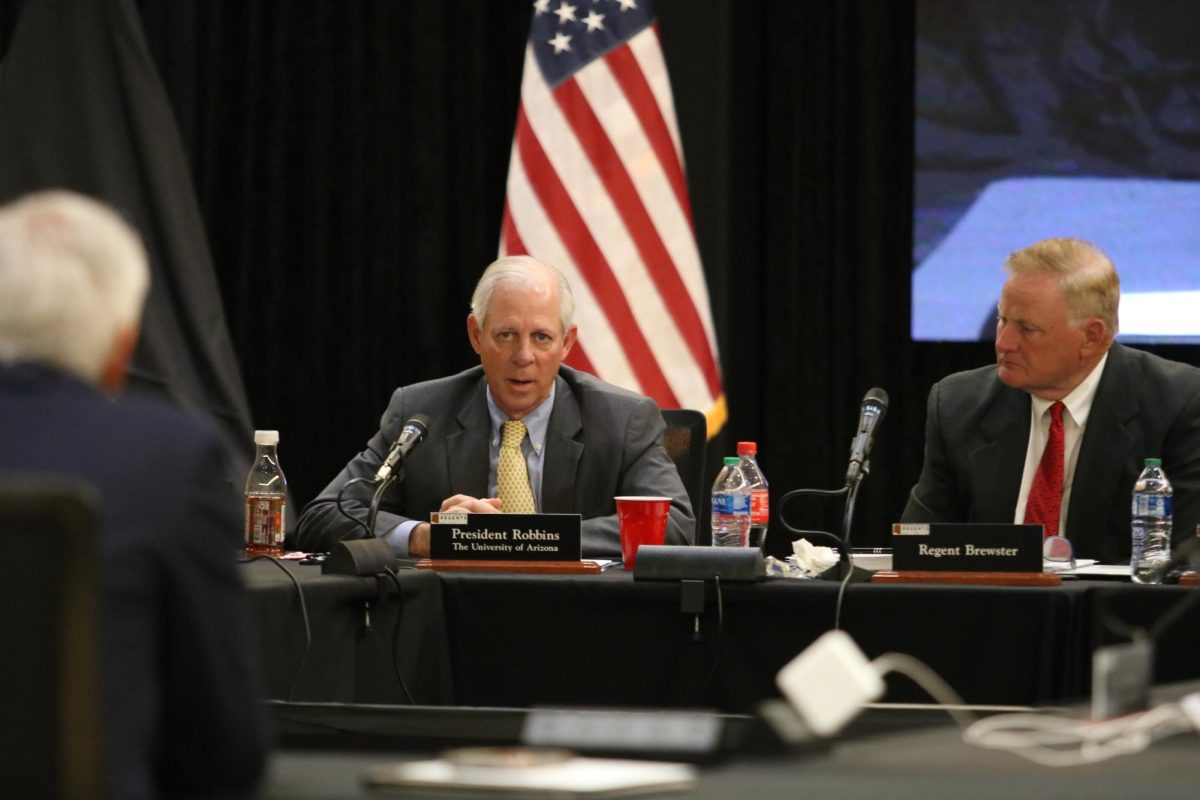Spring of 2017 is now the first semester where the UA is offering a major in Arabic. Students pursuing the study of the language are already enrolled in the new field of study.
Prior to offering the program, the only other options available were a minor in Arabic or a major in Middle Eastern and North African Studies. While that program does involve language requirements, it also requires students to take non-language related courses such as cultural study.
RELATED: Accelerated Masters Program allows UA students to finish grad school sooner
Assistant professor Sonia Shiri, director of the UA Arabic Flagship Program, estimated that one-third of flagship scholars come from the extremely demanding STEM field. The disadvantage for those students is the extra course work does not focus on the language.
Flagship scholars benefit heavily from the new major since their course work is heavily focused around the study of the language. The Flagship program was started in 2013 with the aim of developing students’ Arabic fluency. It is a five-year program that requires living abroad for a year in an Arabic-speaking country.

“The students who had been in the major at the time were quickly accumulating a lot of courses,” Shiri said. “being from different majors, which is at the heart of the Flagship program mission, they were having difficulties reconciling all these different things.”
The other major disadvantage to students only able to take the MENAS major is that while it allows a focus in language, that degree looks different than a degree in Arabic.
This is exceedingly important to ROTC students, as having a degree in another language opens them up to the possibility of other scholarships or to a position of translator which typically has a higher salary.
RELATED: Travel the world at UA’s 2017 Peace Corps Fair
The UA has a unique program called Project GO Advanced, which offers Arabic language education for ROTC students. The program received a $500,000 grant from the Department of Defense.
The new major also benefits the Arabic Jumpstart Program, which allows high school students to study Arabic at the UA. Last year, 27 students from Tucson participated, however the program is available to any high school senior in the country that plans on attending the UA.
Shiri anticipates the program will attract students from across the country, as well as continue the UA’s reputation of a strong Arabic program. This is especially important now that the UA is applying for the Western Interstate Commission for Higher Education, an undergraduate exchange that offers in-state tuition to students from colleges where their major is not offered.
The WICHE is available to students from 15 states, and the only other states that offer an Arabic major are California and North Dakota.
The program has been two years in the making, and largely pushed by Shiri.
“I was responding to what I saw and needs among the student population,” she said.
Follow Steven Spooner on Twitter.









